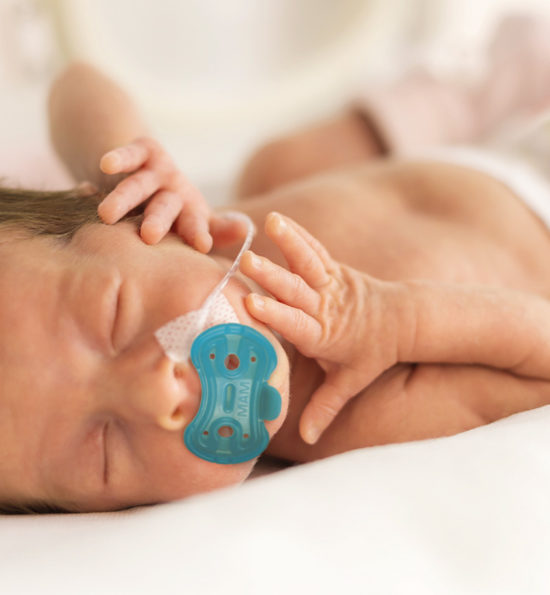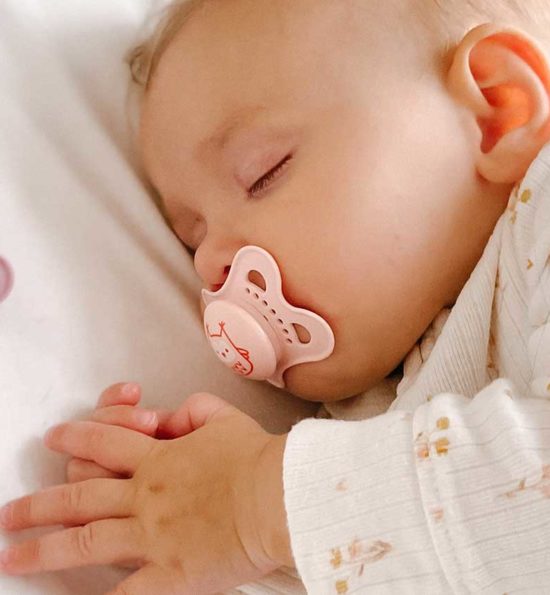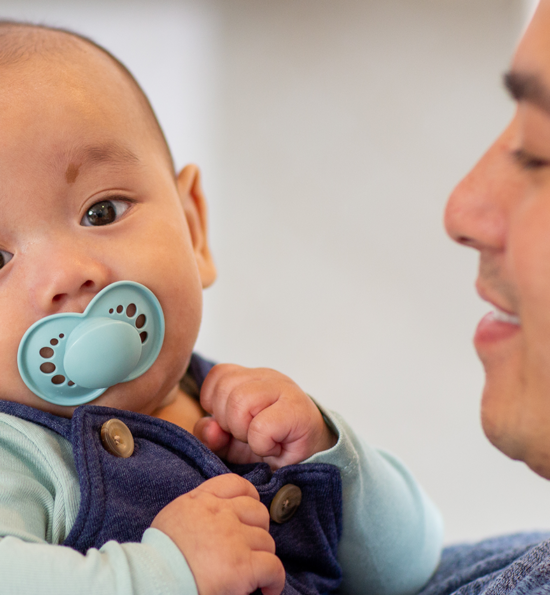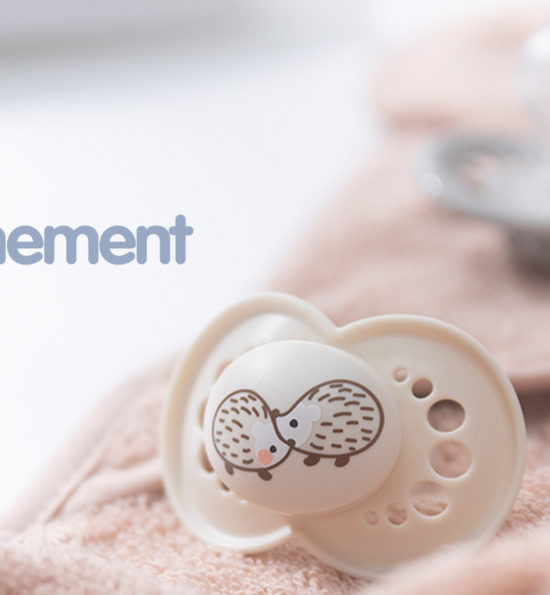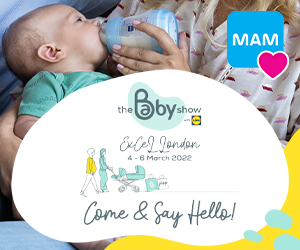
By Katie Hilton – Midwife & Health Visitor
Katie Hilton is a dual qualified nurse, midwife and health visitor and the former expert adviser for MAM UK. She is also a mu’ma herself to one cheeky little man. Here she explains the importance of being aware of perinatal mental health.
Perinatal Mental Health – Mental & Emotional Impacts
Having a baby is a huge life event for both you and your partner, so it’s only natural to feel a range of emotions both during and after pregnancy. However, sometimes these emotions can start to have a bigger impact on your life, if this happens then you may be experiencing difficulties with your mental health
Roughly 1 in 5 women will experience a mental health problem either during or after their pregnancy, in fact, mental health problems have been known to emerge up to a year after your baby is born. This could be either an exacerbation of a current mental health problem or an issue you’ve never experienced before. These are all known as perinatal mental health problems. Perinatal simply means the period of time during your pregnancy and to approximately a year after giving birth.
Asking For Help
It’s normal to feel worried about opening up and talking about how you’re feeling; it’s common to feel like everything should be perfect, you should be feeling happy or excited about everything and when it isn’t it can be hard to admit to. But, it’s important to ask for help or support if you need it.
The most common type of mental health problem is perinatal depression, which simply put is depression which occurs during or after pregnancy. Depression is seen most often in the postnatal period, however, we are becoming more and more aware of the incidence of depression during pregnancy, so it’s important that if you experience signs and symptoms of depression during pregnancy that you speak to your Midwife.
If you have depression you may experience the following symptoms:
| How you might feel | How you might behave |
| – sad and low – tearful for no apparent reason – worthless – hopeless about the future – tired – unable to cope – irritable and angry – guilty – hostile or indifferent to your husband or partner | – lose concentration – have disturbed sleep – find it hard to sleep – even when you have the opportunity – have a reduced appetite – lack of interest in sex – have thoughts about death Some of these experiences – like lack of concentration, disturbed sleep and lack of interest in sex – are all common after becoming a parent, but it’s still important to mention them to your midwife or health visitor if you’re concerned you might have depression. |
If you suspect you’re experiencing signs and symptoms of perinatal depression, Please reach out to a trusted family member or Health Professional.
Moving Forward
The first thing your Midwife or Health Visitor might ask you to do is complete a questionnaire to assess your symptoms and to help in forming a treatment plan. Treatments might include the following
- Talking therapies – cognitive behavioural therapy (CBT) is the most common talking therapy recommended. Health Visitors will also offer listening visits if your depression occurs in the postnatal period.
- Medication – This will most likely be an antidepressant. Your Midwife, Health Visitor or Doctor will talk to you about the most suitable medication dependent on whether you are pregnant or breastfeeding.
- Combination – For many people, a combination of both talking therapies and medication will be recommended. If there is a long waiting list for CBT your health professional might recommend trying an antidepressant whilst you wait for your appointment.

Perinatal depression does usually get better over time, but it can take up to a year to fully recover. When you can ask for help and support from friends and family as this can be useful in helping you to cope. Living with depression can often feel difficult, you can lack the energy and motivation to do normal everyday things and to take care of yourself.
Here are a few ideas of how you can help yourself cope:
- Hygiene – When you’re feeling depressed it’s common to not want to take care of yourself. But small things such as taking a shower, getting dressed and putting on your make-up can make a huge difference to how you feel.
- Mood diary – Keeping a mood diary can help you identify any changes in your mood, you might be able to identify things that make it worse and also things that help to lift your spirits. There are also mood tracking apps available to use on your phone.
- Help – If your friends or family offer to help by doing the shopping, cooking meals or taking over some of the cleaning, say yes! There’s nothing wrong with needing some support and loved ones like to feel that they’re helping.
- Expectations – You might have high expectations for yourself as a parent, but none of us can be perfect 100% of the time. Don’t beat yourself up if something doesn’t quite go to plan.
- Batch cook – If you don’t have anyone around who can come and help, you can make planning food easier by batch cooking meals in advance and freezing them. Take advantage of times when you have more energy to cook, so you can have access to fast and healthy meals when you’re feeling worse.
- Take it Slowly – It’s easy to start to feel overwhelmed when you’re looking after a new baby on top of your regular life. Try setting yourself 20 minutes to do what you can of a task, whether that’s throwing things in the washing machine or sorting through your paperwork. Taking things 20 minutes at a time can make tasks feel more manageable and you can take advantage of getting a little bit done whenever you feel able.
- Keep active – This could be going for a walk with the pram, dancing to music at home or gentle yoga. Physical activity can boost your mood, and help you feel like you’re getting to do something just for yourself.
- Sleep – Getting sleep with a new baby might sound impossible, but finding time to rest can make a big difference to your mental health. Try sleeping whenever your baby sleeps or, if you can, ask your partner to help with night feeds or a relative to watch little one whilst you take a nap.
- Support – PANDAS offers information and support for people experiencing pre- and postnatal depression, they have a great website and a helpline number.



